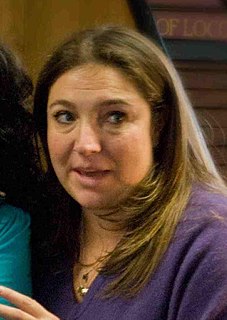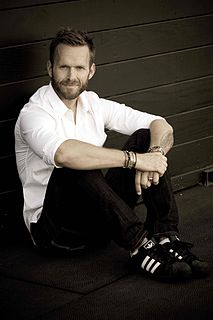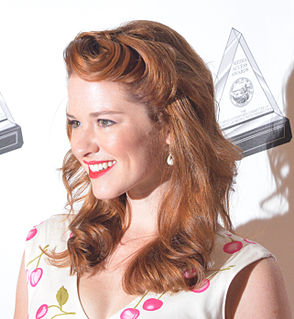A Quote by Stephanie Land
I think my biggest role as a parent is teaching empathy.
Related Quotes
The traditional paradigm of parenting has been very hierarchical, the parent knows best and very top down. Conscious parenting topples [this paradigm] on its head and creates this mutuality, this circularity where both parent and child serve each other and where in fact, perhaps, the child could be even more of a guru for the parent .... teaching the parent how the parent needs to grow, teaching the parent how to enter the present moment like only children know how to do.
For the most part, people use "empathy" to mean everything good. For instance, many medical schools have courses in empathy. But if you look at what they mean, they just want medical students to be nicer to their patients, to listen to them, to respect them, to understand them. What's not to like? If they were really teaching empathy, then I'd say there is a world of problems there.
I think there's such a fine line in a relationship. The role of imagination and privacy... how much space can you allow before that becomes distance? And similarly, imagination is empathy. That's how you achieve empathy. It's how you can be with another person and understand how they are in the world.
As a teacher and parent, I've had a very personal interest in seeking new ways of teaching. Like most other teachers and parents, I've been well aware painfully so, at times that the whole teaching/learning process is extraordinarily imprecise, most of the time a hit-and-miss operation. Students may not learn what we think we are teaching them and what they learn may not be what we intended to teach them at all.
Training moments occur when both parents and children do their jobs. The parent's job is to make the rule. The child's job is to break the rule. The parent then corrects and disciplines. The child breaks the rule again, and the parent manages the consequences and empathy that then turn the rule into reality and internal structure for the child.
The amazing thing about becoming a parent is that you will never again be your own first priority. The gift of motherhood is the selflessness that it introduces you to, and I think that's really freeing... I think it allows you to put yourself in other people's shoes...the empathy that it slugs you with, being a mother. And I think it makes you a better storyteller.
Republicans rarely criticize Obama for lack of empathy - in part because liberals have traditionally been seen as standing up for the weak and the vulnerable. Conservatives can be just as empathetic. But they believe that, in most cases, it's not government's role to be the primary dispenser of empathy.


































